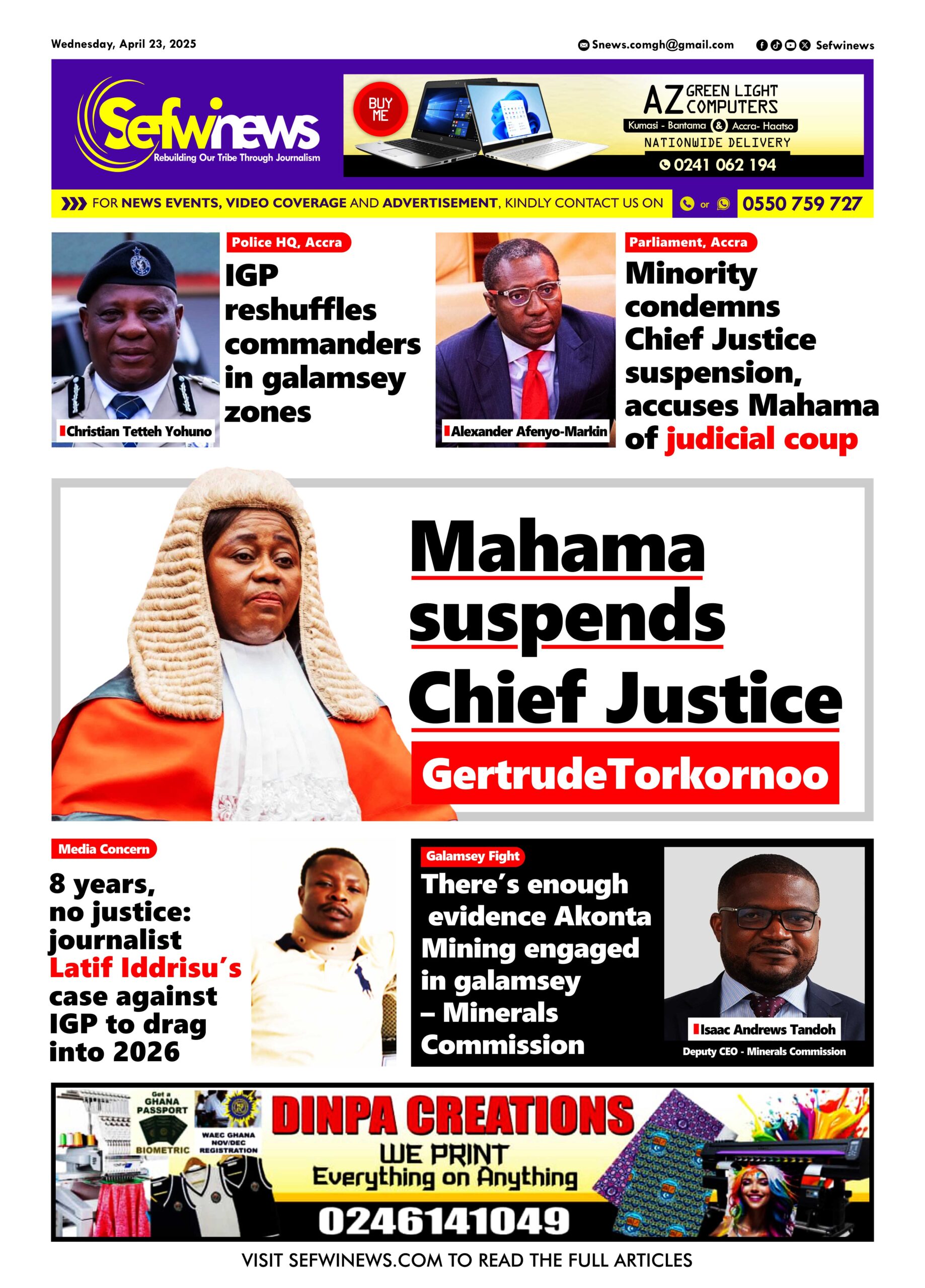Health concerns in the Western North Region have reached alarming levels as Dr. Maxwell Adom Qofy Divine raises the alarm over a significant surge in cases related to prostate complications and high blood pressure, particularly among men aged 40 and above.
Speaking at an interview with Sefwinews, Dr. Adom Divine described the rise in prostate enlargement and hypertension cases as a “growing crisis” that demands urgent attention.
He referred to the two conditions as “silent killers,” citing their often subtle onset and the severe health consequences that follow when left undetected or untreated.
“These conditions typically remain unnoticed until they become critical. By the time patients seek medical attention, it’s often too late for simple interventions,” Dr. Adom Divine said.
He attributed the growing number of cases to a combination of factors, including low levels of awareness, cultural misconceptions, limited access to regular health screenings, and poor health-seeking behavior among the populace.
Dr. Adom Divine is calling for a multi-stakeholder approach to combat the trend. He urged local authorities, healthcare professionals, civil society groups, and the media to collaborate in launching public education initiatives.
He believes community outreach, seminars, and regular health screenings are essential tools to promote early detection and effective management of these conditions.
He further emphasized the importance of healthy lifestyle choices, advocating for balanced diets, regular exercise, and the reduction of harmful behaviors such as excessive alcohol consumption.
“Preventive care and lifestyle modifications can drastically reduce the risk of chronic conditions,” he stressed.
Another major concern highlighted by Dr. Adom Divine is the limited availability of healthcare facilities in remote parts of the Western North Region. To bridge the gap, he recommended the deployment of mobile clinics and intensified health outreach campaigns to serve underserved communities.
Dr. Adom Divine also appealed to traditional and religious leaders to take active roles in health sensitization.
According to him, their influence within communities could help overcome stigma and encourage people to seek timely medical help.
He warned that if proactive steps are not taken, non-communicable diseases like hypertension and prostate disease could overwhelm the region’s already strained healthcare system and negatively impact its socioeconomic development.
“We cannot afford to wait until it’s too late. The time to act is now — for the health of our people and the future of our region,” he concluded, reinforcing his passionate call for urgent and collective action.




